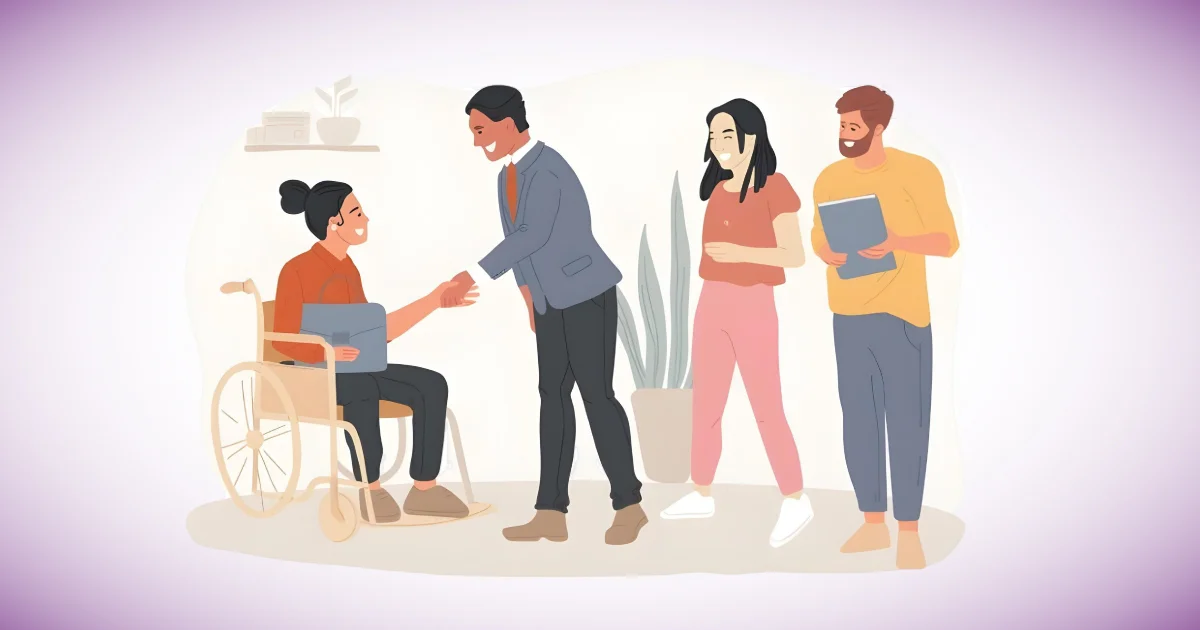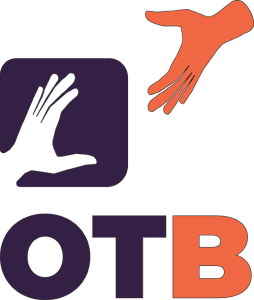The National Disability Insurance Scheme (NDIS) is a transformative program in Australia, designed to support individuals with disabilities in leading fulfilling lives. Among the various services offered, therapy assistance stands out as a crucial component that can significantly improve the quality of life for NDIS participants. This blog aims to delve deeper into what NDIS therapy assistance entails, its benefits, how to access it, and tips for maximising its effectiveness.
Understanding Your Therapy Needs
Before seeking NDIS therapy assistance, it’s crucial to assess your individual needs. Consider the following questions:
- What Are My Goals?
Identify your personal goals related to therapy. Do you aim to improve communication skills, enhance mobility, or manage mental health challenges? Clear objectives will help guide your therapy selection. - What Challenges Do I Face?
Identify the struggles you have in your day-to-day activities. Understanding these difficulties can help you and your therapist tailor interventions that address your unique circumstances. - What Types of Therapy Are Most Relevant?
Research various therapeutic options available under the NDIS, such as occupational therapy, physiotherapy, speech therapy, or psychological services. Understanding these choices will help you decide better.
- What Are My Goals?
What is NDIS Therapy Assistance?
NDIS therapy assistance encompasses a variety of therapeutic services tailored to meet the specific needs of individuals with disabilities. These services aim to help participants develop essential skills, enhance their physical and emotional well-being, and promote greater independence in daily activities. Some important forms of therapy support include:
Occupational Therapy (OT): This therapy focuses on helping individuals develop the skills they need for daily living and working. Occupational therapists assess participants’ abilities and challenges and design personalised intervention plans that may involve adaptive strategies, assistive devices, or skill-building exercises.
Physiotherapy: Physiotherapists work with people to help them feel better physically and improve their movement. They create individualised exercise programs to enhance strength, flexibility, and overall physical functioning. Physiotherapy is great for people who are getting better after injuries or who have chronic health issues.
Speech Therapy: This therapy assists individuals with communication challenges, including speech difficulties, language disorders, or social communication issues. Speech therapists work with participants to develop effective communication skills, enabling them to express themselves more clearly and confidently.
Psychology Services: Mental health support is critical for many individuals with disabilities. Psychologists provide counselling and therapy to help participants manage emotional and behavioural challenges, offering coping strategies and therapeutic techniques tailored to their needs.
Benefits of NDIS Therapy Assistance
Here’s a section discussing the Benefits of NDIS Therapy Assistance in simple language:
- Personalised Care: One of the most significant advantages of NDIS therapy assistance is its tailored approach. Each participant’s needs are assessed individually, ensuring that the therapeutic interventions are relevant and effective in addressing specific challenges.
- Skill Development: NDIS therapy assistance fosters the development of essential life skills, empowering participants to achieve greater independence. Whether learning to manage daily tasks or improving communication abilities, therapy can lead to significant advancements in personal capabilities.
- Enhanced Quality of Life: Access to therapy services can greatly improve participants’ physical and mental health. By addressing specific issues and promoting overall well-being, therapy can lead to a more fulfilling and enriched life.
- Social Inclusion: Therapy can help participants overcome barriers to social participation. By enhancing communication skills and mobility, individuals can engage more fully in community activities, fostering connections and building relationships.
- Family Support: NDIS Therapy assistance can also benefit families by providing strategies and resources to support their loved ones. Family members often play a crucial role in the therapeutic process, and therapists can equip them with tools to facilitate progress at home.
How to Access NDIS Therapy Assistance
- Review Your NDIS Plan: Start by ensuring that therapy assistance is included in your NDIS plan. If therapy needs are not currently funded, you can request a plan review to discuss your requirements with your NDIS planner.
- Identify Your Therapy Needs: Assess the types of therapy that would best address your goals and challenges. Consider discussing these needs with your healthcare providers or support coordinator to ensure you make informed decisions.
- Choose Registered Providers: It’s essential to select therapy providers who are registered with the NDIS. This ensures compliance with NDIS standards and helps you receive the support you deserve.
- Keep Accurate Records: Maintain documentation of your therapy sessions, including progress notes and invoices. This information will be crucial when managing your funding and submitting claims to the NDIS.
- Seek Support Coordinator Assistance: If you have a support coordinator, leverage their expertise. We can assist you in finding suitable therapy providers and navigating your NDIS plan effectively.
Tips for Maximising Therapy Assistance
To get the most out of your therapy sessions, consider these helpful tips:

- Set Clear Goals: Identify specific objectives you want to achieve in therapy and discuss them with your therapist to create a focused plan.
- Practice at Home: Use the skills and techniques learned in therapy during your daily life to reinforce your learning and build confidence.
- Communicate Openly: Share your thoughts and feelings with your therapist to ensure they understand your needs and can tailor their support effectively.
- Celebrate Progress: Acknowledge and celebrate your achievements, no matter how small, to boost your motivation and keep you engaged in the process.
Conclusion
NDIS therapy assistance is a vital resource for individuals with disabilities, offering tailored support to enhance skills, independence, and overall quality of life. By understanding how to access these services and the benefits we provide, NDIS participants can make informed choices that significantly impact their lives. If you believe you could benefit from therapy assistance, reach out to your NDIS planner or support coordinator to explore your options and embark on a path toward a more fulfilling life.

